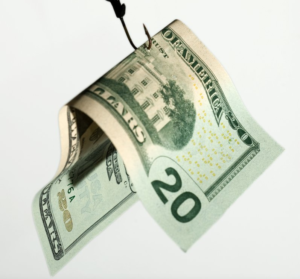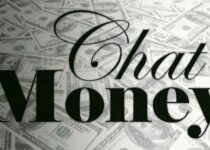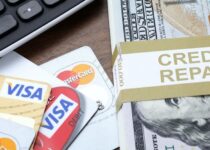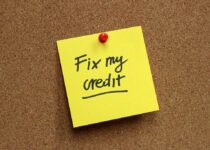Money Mistakes You Need to Avoid

“This post may contain affiliate links. If you use these links to buy something we may earn a commission but you may gain some knowledge.”
No matter what stage of life you are in the prospect of dealing with your own finances may seem a little intimidating. Although this is a common fear for many, gaining a solid financial education can help alleviate some of that worry. Following the advice of this article will help you avoid making common money mistakes.
When it comes to your finances educating yourself is the best tool you can have. Learning about all of the financial pitfalls that are out there can help you avoid them and get yourself on a solid financial foundation. Developing good financial habits early will help you establish that solid foundation and carry you through to financial stability the rest of your life.
Here are a few of the big money mistakes to avoid:
Overspending:
Create a budget and stick to it. This seems to be one of the most difficult concepts for people to grasp and execute but will be the best strategy to avoid money mistakes. Too many people sit there at the end of the month and wonder why they don’t have the money to write their rent check or pay their utility bill and wonder where their money went. They then go back and review what they spent and think, maybe I shouldn’t have bought that new TV or bought a round for everyone at the bar last Friday. Most people only have so much money coming in every month and have certain expenses they have to pay. Having a plan for your money is simple math, it just takes you to execute it. This is something you need to master long before you look at other means of payment, such as a credit card.
Getting a credit card can be a great asset to help you learn about financial responsibility and help you improve or establish a good credit score. It can also be a disaster for someone who is not responsible with money. One of the most common mistakes people make is that they think of credit as another form of cash and spend it freely not thinking of the consequences. You must remember, it has to be paid back with interest. I would recommend starting out small and only using a credit card to cover one line item in your budget to start with. An example would be to only use it to pay for gas or groceries for the month and expand from there as you get more comfortable.
Establish an Emergency Fund:
As you are gaining on your strong financial foundation, it is important to make sure you don’t get sidetracked. The way to do this is to establish an emergency fund to help you cover unexpected expenditures. It is sad to say that most people today can’t cover a $500 emergency expense. If you ask them about it, their plan to cover these costs is with a credit card that they can’t pay off right away. This is why it is so important to build this emergency fund right away so that you don’t have a major financial set back as you are just getting started.
Your emergency fund should be enough to cover a major unexpected expense such as replacing your HVAC system or a transmission in your car that goes. It will also be used to cover unexpected medical bills but it needs to be large enough to cover some larger expenses as well. It may seem overwhelming to start, but you can begin with as little as $25 a pay check and it will eventually grow faster as your financial education and awareness grow.
Start Saving
As you build your financial foundation stronger it is time to take further steps and build up your savings. You will want to keep your emergency fund intact, but this will be in addition to. This fund will be for if things get really bad. You will want to keep this fund accessible but not so readily accessible that you can spend it on a whim. This fund will be used in case you or your spouse lose their job and you need to supplement income for a while. Perhaps you have to take extended medical leave from work without pay. This fund will help cover bills. I recommend that you keep six to twelve months of expenses in this fund at all times to help with these types of emergencies.
Pay your Bills on Time
Looking a growing stack of bills every month probably isn’t the most appealing thing to look at after a hard day’s work but ignoring them isn’t going to help either. If fact, it is most likely going to cause you more stress. Pay them right away, tossing them on your kitchen counter is only going to cause you to forget about them.
One of the best steps is to pay them right away or set a reminder on your phone or in your daily planner to remind you of when they are due. Any bill that you can, I would recommend setting up on automatic payments so that you don’t have to worry about them. You might be telling yourself, I can’t do that, I don’t know if I’ll have money in my account then. If you create a budget and stick to it, this won’t be a problem.



